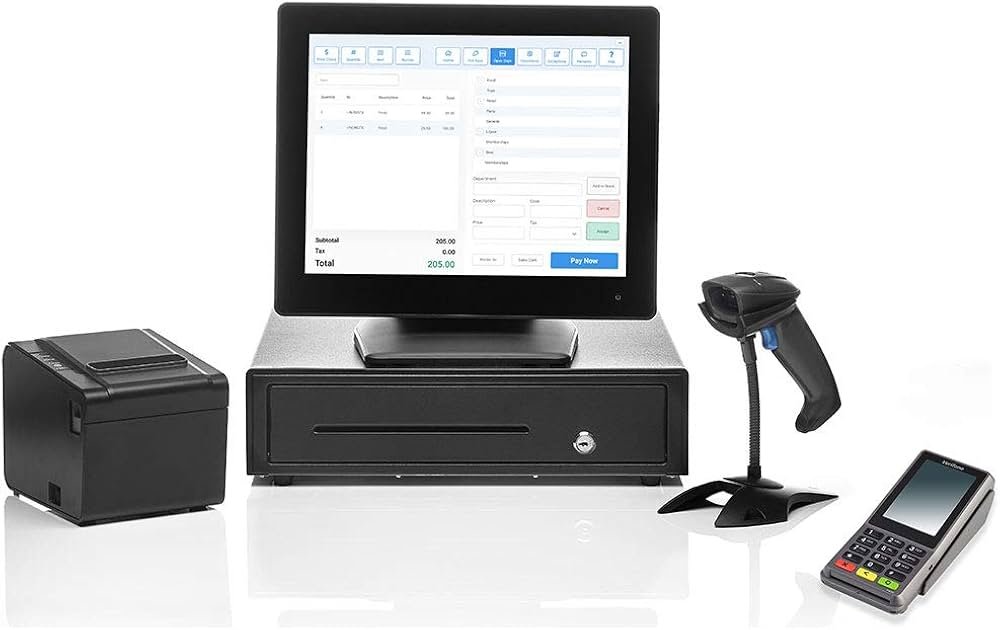Strategic Context
In a competitive retail landscape marked by omnichannel expectations and evolving consumer behaviors, the Point of Sale (POS) system is no longer a passive transaction tool—it is a core operational enabler and a customer engagement platform. For retailers, particularly those pursuing scalability and digital integration, selecting the appropriate POS system is pivotal to both short-term efficiency and long-term strategic differentiation.
Core Capabilities of Modern Retail POS Systems
Leading POS systems are engineered to provide an integrated, data-driven approach to retail management. Key features include:
- Inventory Management
Intelligent tracking of stock levels, including automated alerts and reorder points, mitigates both lost sales due to stockouts and margin erosion from overstocking.
Strategic impact: Supports just-in-time inventory models and improves working capital efficiency. - Mobile Sales Enablement
Mobile POS functionality allows staff to process transactions and support customers anywhere in-store, reducing queue times and enhancing service quality.
Strategic impact: Enhances in-store agility and improves the overall customer experience. - Vendor Management
Centralized management of suppliers, procurement workflows, and payment tracking strengthens supplier relationships and drives procurement efficiency.
Strategic impact: Improves supply chain responsiveness and vendor accountability. - E-commerce Integration
Seamless connectivity between in-store systems and online platforms supports omnichannel fulfillment and unified inventory views.
Strategic impact: Enables consistent customer experiences across touchpoints, increasing conversion and retention. - Real-Time Reporting and Analytics
Access to live dashboards on sales, inventory turnover, and customer trends equips managers with insights for agile decision-making.
Strategic impact: Enhances planning, pricing strategy, and inventory optimization.
Strategic Evaluation Criteria for Retail POS Selection
Retail executives must align POS system capabilities with broader business objectives and infrastructure. Key considerations include:
| Criteria | Strategic Importance |
| Business Size & Type | The POS solution should align with operational scale—whether single-location, franchise, or enterprise. |
| Scalability | It must support future growth, including multi-location management and increased transaction volumes. |
| Ease of Use | A user-friendly interface reduces onboarding time and improves frontline adoption. |
| Integration Ecosystem | Seamless integration with existing ERP, CRM, accounting, and loyalty platforms reduces friction and enhances data coherence. |
| Service & Support | Reliable and responsive vendor support minimizes business disruption and supports continuity. |
Conclusion: POS as a Catalyst for Growth and Differentiation
Investing in a modern retail POS system is not simply a technology upgrade—it is a strategic move toward operational efficiency, customer-centricity, and scalable growth. The right system enables:
- Streamlined operations and inventory accuracy
- Real-time visibility across sales channels
- Enhanced customer engagement through seamless experiences
- Future-ready infrastructure to support innovation and expansion
Retailers that align POS decisions with enterprise goals will position themselves to outperform on both customer satisfaction and operational margin—two pillars of sustainable retail success.

